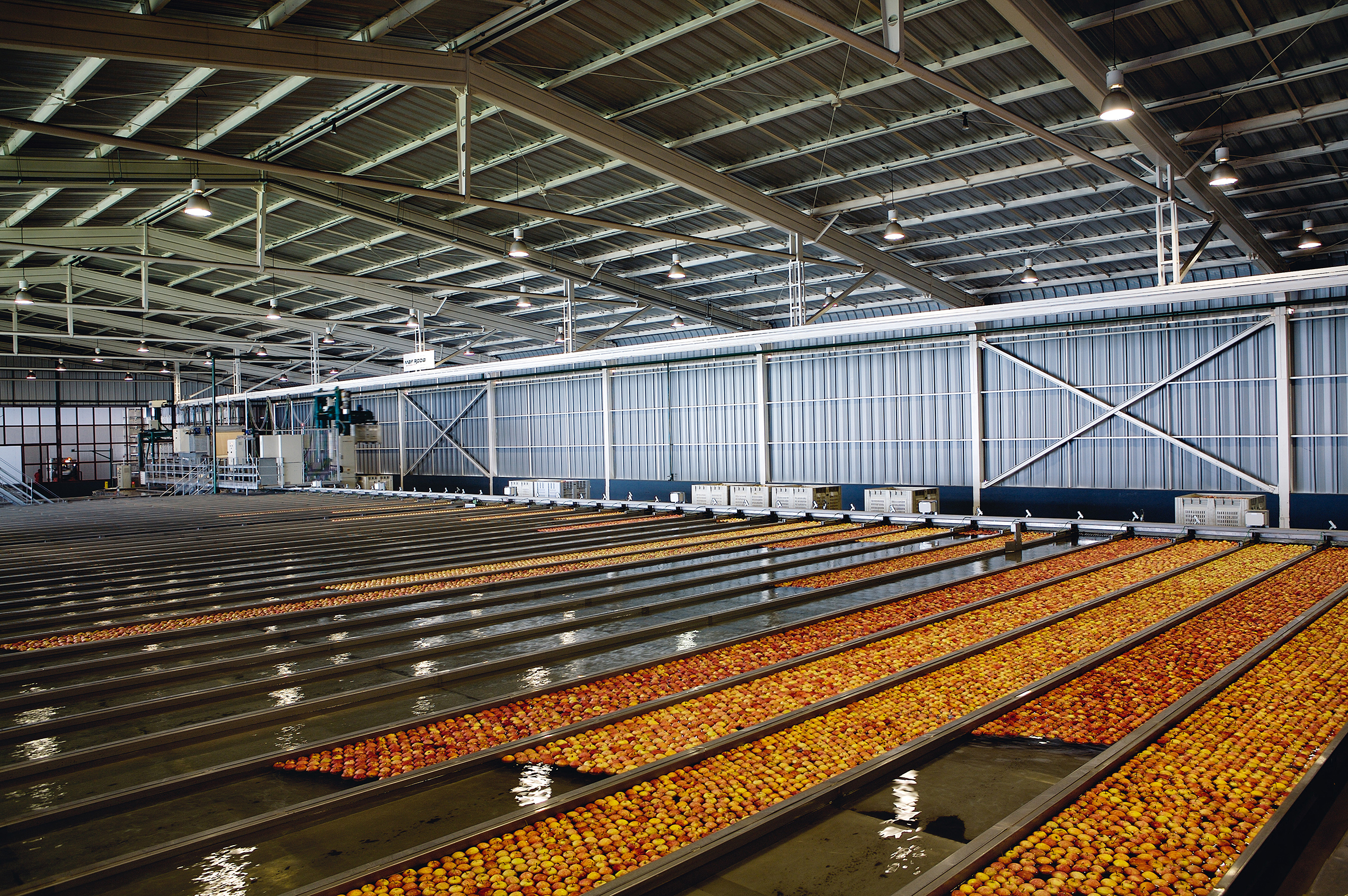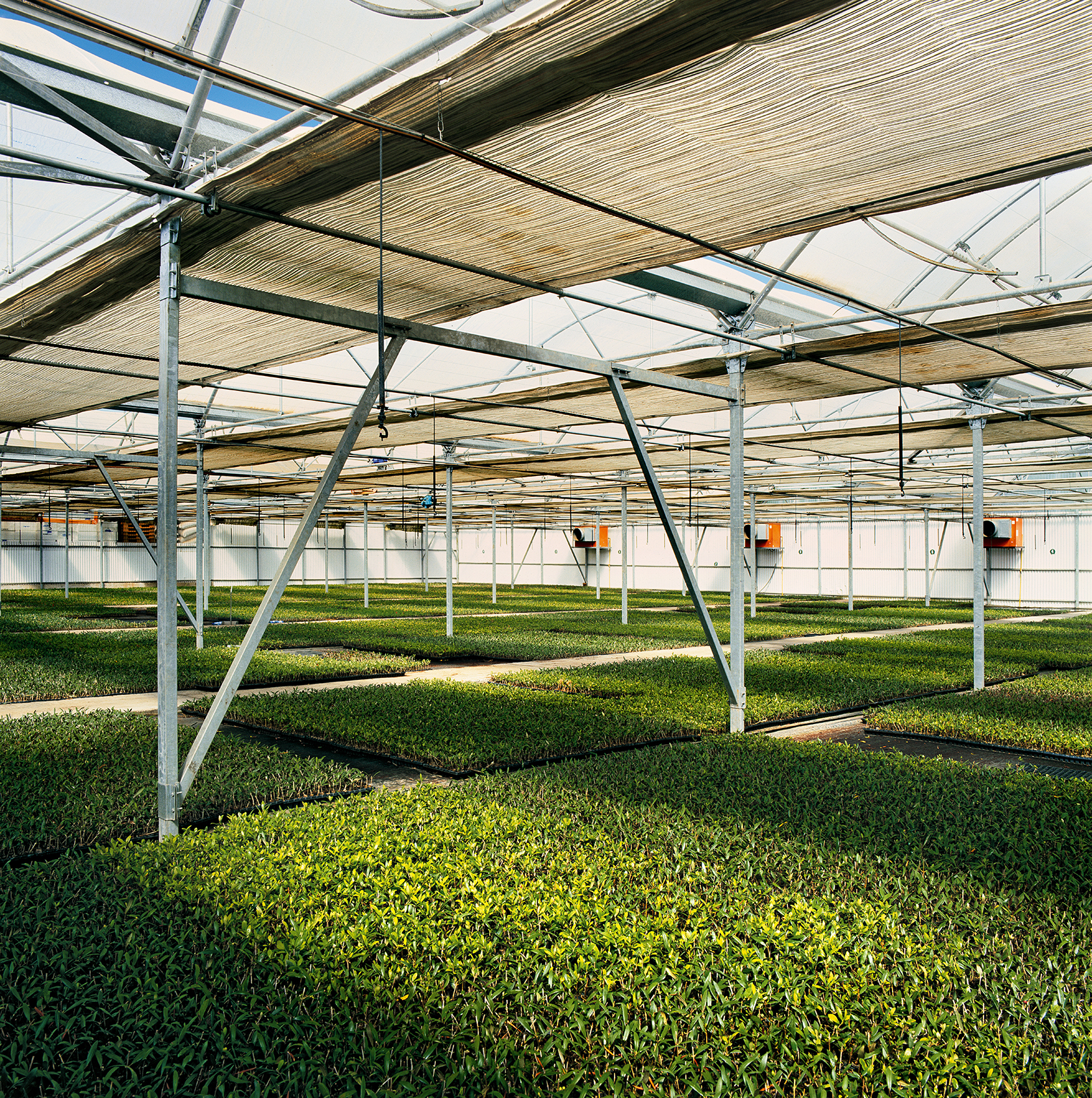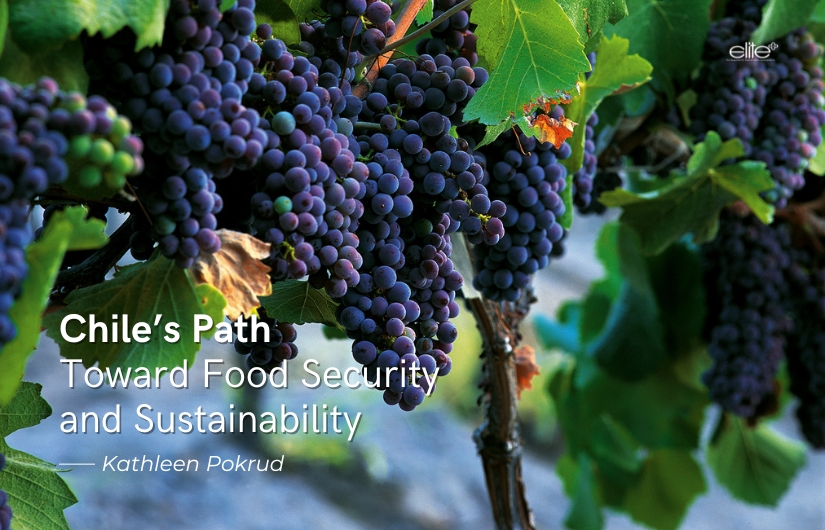Chile’s Path Toward Food Security and Sustainability
By Kathleen Pokrud
The government of Chile has demonstrated a clear awareness of the importance of food security, especially in light of the growing global challenges that threaten agricultural stability and access to food. In recent years, issues such as climate change, water scarcity, supply chain volatility and the increasing demand for agricultural exports have underscored the need for countries to take proactive steps to ensure the availability, accessibility and sustainability of food sources. In the “Global Culinary Stories" series, Chilean Cuisine was explored in the article, “The Land of Poets” (https://www.eliteplusmagazine.com/Article/956/Chilean_Cuisine_From_The_Land_Of_Poets). For this article, I sat down with Chilean Ambassador to Thailand, Patricio Powell, to learn about his country’s initiatives with food sustainability.
Ambassador Patricio began, “Food security has become a national priority for Chile. Our government recognizes access to food as a fundamental human right and understands that guaranteeing this right goes beyond merely producing sufficient quantities of food. It also involves ensuring that food systems are sustainable, resilient and equitable for all members of society. This comprehensive understanding has guided Chile’s public policies and initiatives, particularly in the agricultural and environmental sectors. It reflects a strategic shift towards long-term food sovereignty, balancing both domestic needs and international responsibilities as a key agricultural exporter.”

He went on, “While Chile has made significant strides in promoting sustainability, it faces a number of complex challenges when it comes to transitioning to more eco-friendly food systems and embracing regenerative agricultural practices. One of the primary challenges is finding and maintaining the right balance between meeting the growing demand for food, both for domestic consumption and for exports, and preserving the ecosystems and biodiversity where agriculture takes place.
“In this regard, the Chilean government is actively working to address this through public policies that prioritise sustainable land use, climate resilience and biodiversity protection. There is growing awareness among stakeholders, including farmers, policymakers and consumers, about the need to shift toward regenerative approaches that restore soil health, reduce carbon emissions and improve ecosystem services.”
According to Ambassador Patricio, the Chilean government is prepared to promote food sustainability. “In 2023, Chile launched the National Sovereignty Strategy for Food Security (NSSFS), a milestone in our approach to ensuring food sustainability and sovereignty. The strategy adopts a holistic framework aimed at strengthening current and future food security in Chile. It rests on four fundamental pillars. They are sustainable production, diversification of commercial channels, agricultural innovation and promotion of healthy food consumption.
“The NSSFS outlines ten lines of action to guide implementation. These include conservation and protection of natural resources, access to healthy food and promoting healthy eating habits through education and public campaigns. We also promote cultural and human dimensions of agriculture as well as sanitary and phytosanitary conditions while working to improve both food safety and international market access. Coordination across supply chains is a must. We are also trying to attract youth to agricultural activities and participation of small and artisanal producers to promote essential food production. Finally, the Government is working to strengthen education and technology transfer and empower communities with the knowledge and tools to implement sustainable practices.
“In parallel with this national strategy, Chile’s economic development agency, CORFO, supports innovation in the agri-food sector by funding programs, public-private partnerships and incubator initiatives. CORFO has become a key ally in fostering sustainable business models that align with the goals of food sovereignty and environmental responsibility.”

A key strength of Chile’s approach has been its commitment to inclusive governance. Ambassador Patricio explained, “During the design phase of the NSSFS, the Government convened the National Commission on Food Safety and Sovereignty, a multi-stakeholder platform that brings together representatives from civil society, academia, private industry and local communities. This participatory process has helped identify short-, mid- and long-term priorities, enabling a broader consensus as we move forward.
“At the same time, there are different public and private initiatives aiming at entrepreneurs and/or local communities to support the development of food sustainability practices while providing technology, education and funds to develop sustainable businesses.
“Lastly, there are different initiatives and programs that support companies from the private sector to move towards sustainable production and contribute to food safety and sovereignty, including subsidies and certifications, for example, “B” certification, which is given to companies who take responsibility for the impact they cause, recognising them as companies with a sustainable approach.

“The implementation of the NSSFS is linked to a detailed plan, consisting of 84 intersectoral actions that span legislation, funding, training and institutional reform. Currently, 25 of these actions have been prioritised, with varying levels of development and execution.
“Looking ahead, several initiatives are being actively considered or are already in the early stages of implementation. These include new laws and regulations aimed at bolstering sustainable agriculture and strengthening food governance; funding programs to support small producers being trained to enhance knowledge on regenerative techniques; certification schemes to recognise environmentally friendly production and incentivise best practices and conducting technical studies and impact assessments.”

Ambassador Patricio, when asked about regional or global level participation, stated, “Chile is a strong advocate of multilateral cooperation as a means of addressing global challenges. Food security, by its very nature, transcends borders. Shared challenges such as climate change, supply chain disruptions and biodiversity loss require collaborative responses that leverage national efforts and build collective resilience.
“Chile actively participates in regional and international platforms to share knowledge, align strategies and promote sustainable agricultural trade. By engaging in bilateral and multilateral cooperation, the country aims not only to improve its domestic food systems, but also to contribute meaningfully to global food security goals.”
In conclusion, Chile is a firm believer in the value of multilateral action to complement and leverage national and binational efforts, and food security is an area in which this is certainly applicable.
Photo courtesy of The Embassy of Chile






























































































































































































































































































































































































































































































































































































































































































































































































































































































































